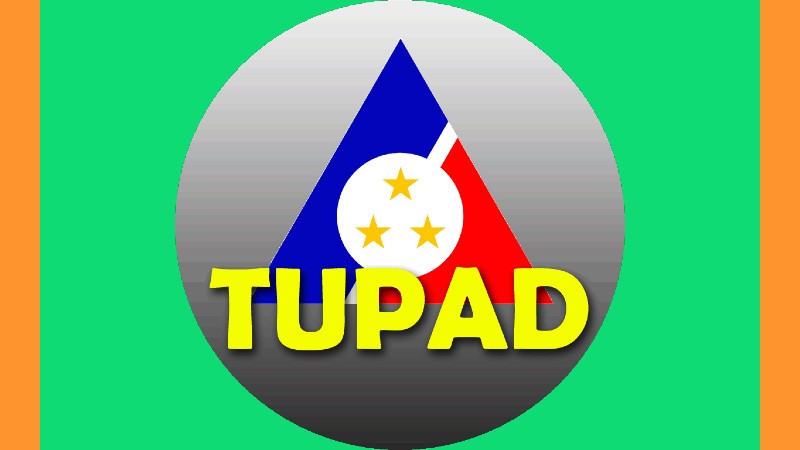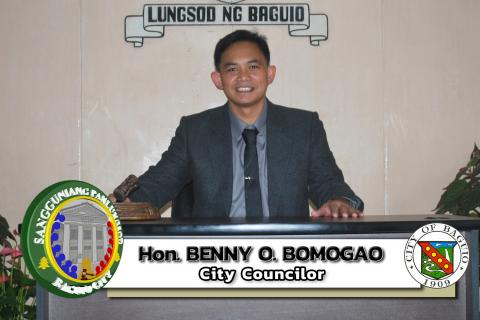BONTOC, Mtn. Province – The Sangguniang Panlalawigan (SP) has approved the Provincial Tourism Code and called for information distribution to the public.
Provincial Ordinance No. 295 amends Provincial Ordinance No. 80, series of 2007 and provides for the implementing rules and regulations (IRR).
It was only recently that the ordinance has been out for public awareness distribution. Under the ordinance, the provincial government is responsible for the promotion of facilities, regular inspection of establishments, and the conservation and preservation of culture and the arts in the province which was lacking in the earlier ordinance.
It is also gender sensitive as it mandates the provincial government to provide social tourism programs and services and promotion of women’s arts and crafts.
The provincial law calls on the provincial government to promote community-based ecological and eco-tourism programs that will sustain biodiversity, preservation of the environment and culture and arts of the communities.
Regulating the tourism industry is the main concern of the Code as it lays down requirements, rules and regulation for establishments, facilities, as well as the development of tourism attractions, and protection of stakeholders.
The ordinance spells out that the identification, delineation, and development of tourism sites are the responsibilities of the municipal and barangay local governments. The provincial government may assist in the provision of funds for tourism programs and projects including in the sourcing of funds.
Basic requirements for tour guides are also provided for by the ordinance such as the age bracket, which is from 18 to 55 years old, and must have attended tour guiding seminar and subsequent related DOT trainings, a member of tour guide associations, and must be able to communicate in English, Tagalog, and Ilocano, among others.
Tour guides must be culturally sensitive in guiding to “atos, papatayans”, burial caves, and the likes that are considered sacred by the communities.
The municipal governments are mandated to accredit the establishments like the homestays and lodging houses, and tourism attractions in their areas of coverage.
The lodging establishments are also mandated to submit tourist arrival data to the municipal tourism offices that shall submit consolidated data to the provincial tourism office every end of the month.
An inspection team composed of the Provincial Tourism Office, the municipal tourism offices, and representatives from the tourism councils. It says that periodic inspections of lodging establishments and restaurants once in six months may be conducted to ensure that they comply with the standards set forth by the Provincial Tourism Code and other related laws.
A Provincial Tourism, Culture and the Arts Council (PTCAC) is created by the ordinance composed by representatives from the private sector such as the hotels and lodging houses, transport groups, tour guides, local businesses, and civil society organizations and pertinent offices of the provincial government, among others.
Among the players in the tourism industry are the several groups in the private sector like the Hoteliers Association of Mountain Province (HAMPI), the tour guide associations, transport groups, and the souvenir item owners, among others.
The Municipal Tourism Offices through the Municipal Tourism Action Officers are also the indispensable partners in the tourism industry.
By Roger Sacyaten














